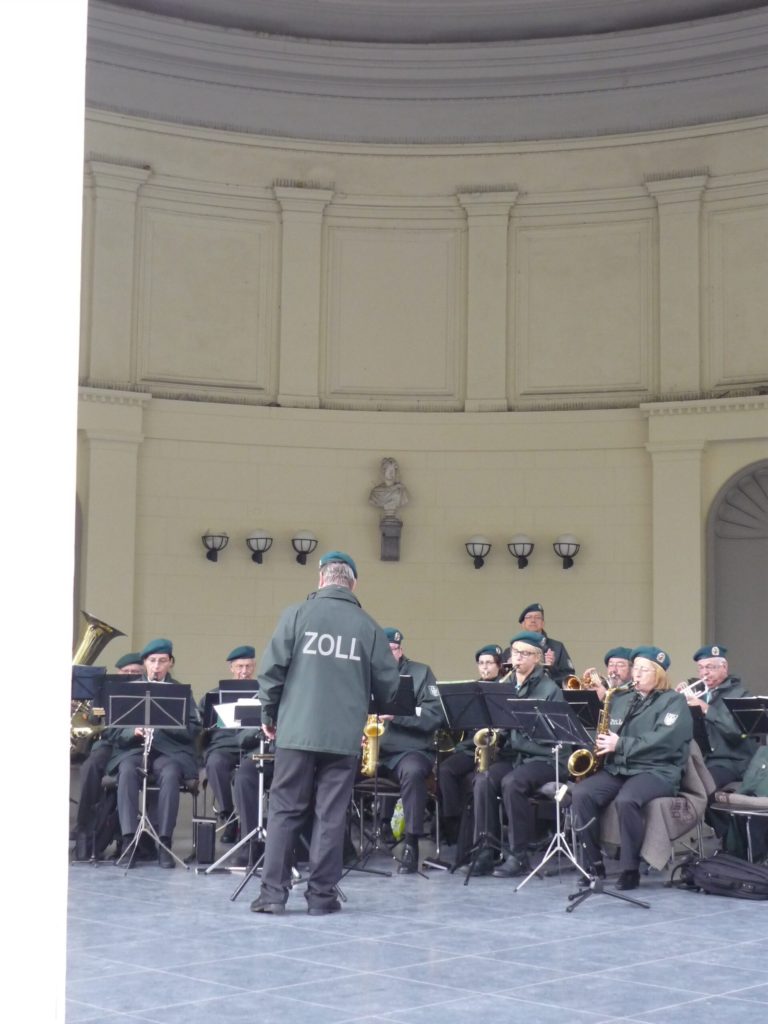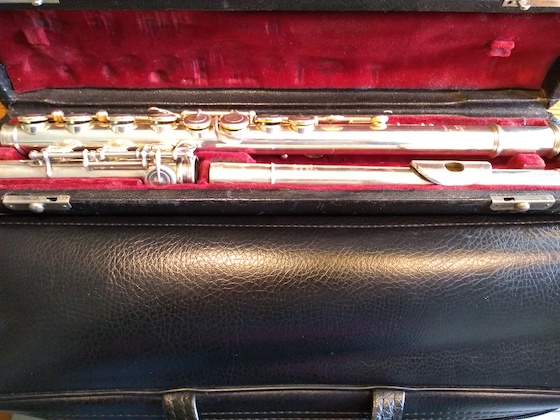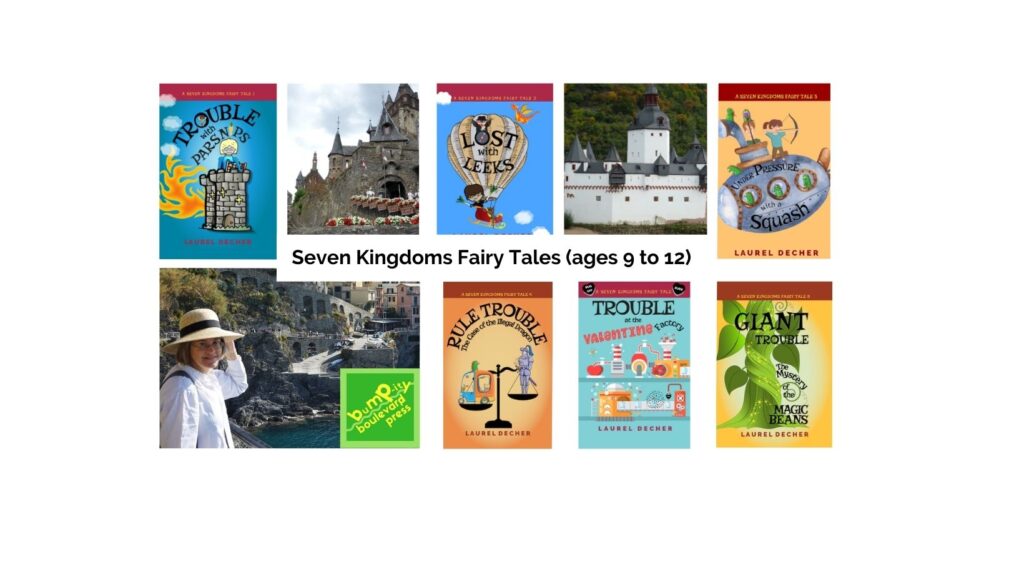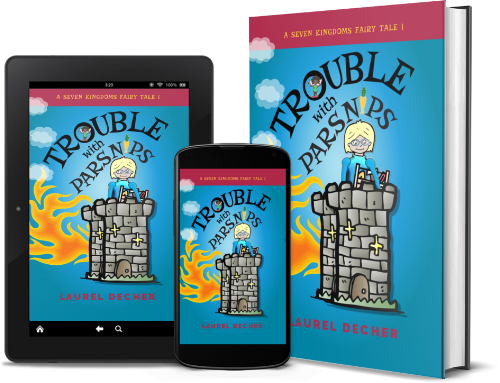
A Musical Mix-Up
In the sixth grade, my elementary school offered the chance to learn a band instrument.
There had to have been a school assembly to introduce the instruments and I’d certainly been to classical music concerts, so it’s hard to explain how the mix-up happened.
I thought I’d like to learn the instrument called “clarinet”.
My parents offered to rent one, and we went together to pick it up.
“No, not that one,” I said when the open case revealed a silver and black instrument. “That one, the clarinet–” I pointed to a shiny, silver instrument hanging on the wall.
When I persisted in asking for the shiny, silver, flute, the shop owner and my parents all told me I should play the clarinet instead. “Don’t change your mind now. Everyone plays the flute. You should try the clarinet first.”
They seemed to think that I had changed my mind because a clarinet wasn’t flashy enough. In the end, I took the clarinet home. A kind and patient private teacher taught me about the reed and taught me to assemble the clarinet. He was a good teacher. He taught me to leave the mouthpiece with reed out of the case.

Try It Every Once in a While
When I got frustrated that I couldn’t make a sound, he suggested, “Try it every once in a while.” After three days, I got a duck-like sound out of it and was very pleased with myself.
I don’t play the clarinet, but I still use his excellent advice.
No Conductor Asks For a Concert "K"
I started to learn the notes on the staff. The one in the bottom space that everyone else called “F”, I called “K”. It just felt like a K to me.
After six months, my darling mother returned the clarinet to the music store without asking me.
In the seventh grade, I got a shiny, nickel-plated, student flute and enrolled in Beginning Band. I can’t imagine I was a stellar flute player, but at least no one returned it without asking.
I must have learned something from the clarinet, because I decided to use the same names for the notes as everyone else did.
No conductor ever asks you to play a “Concert K”. It just doesn’t happen.
My high school marching band (the land of flats) and orchestra (the land of sharps) took me on tour to San Francisco and to many, many basketball games.
What did I learn?
The Star-Spangled Banner is fairly deafening in closed spaces. We played for school musicals and for the American Fork Youth Ballet’s The Nutcracker. I liked everything about it and raved about it until my own children signed up to learn instruments themselves.
If one of my former conductors happens by this blog, I confess to setting up all 100 or so music stands so that they fell in perfect domino-fashion. It was a thing of beauty. Please forgive me for not setting them up again.
Recently, I played my flute with a small combo and was offered a microphone. Being incurably metaphor-minded, it struck me that I had accidentally followed a classic piece of audience-building advice: Serve a community until they offer to help your voice be heard.
What Musical Metaphors Taught Me About Audience
- Playing with a microphone amplifies your mistakes. The microphone made me want to deliver a better performance. It also made it easier to ask for help with technical details. Sheet music in the correct key might be the equivalent of good cover design, expert editing or other tech help.
- No one complained it was too loud. The others were in charge of amplification. I wasn’t. It was out of my control and that was fine with me. Makes you think, doesn’t it?
- I was playing the right instrument. I wasn’t playing a clarinet. If you love an instrument, you are much more likely to learn to play it well. Writing in the right genre, for the right audience, might make all the difference.
- It doesn’t really matter how many other people are doing what you love. If you keep doing it long enough, you’ll find a place. When I started the clarinet, at least a dozen girls played flute in my elementary school. A year later, they weren’t. Maybe they liked the flute’s shininess, but not its airy sound. Saxophone might have been better. When I play the flute, I can’t see how shiny it is, but I can feel its sound. It’s the voice of the flute that attracted me and holds me still.
Do you sing or play an instrument? What drew you to the kind of music you enjoy? How does music help you in some other part of your life?


